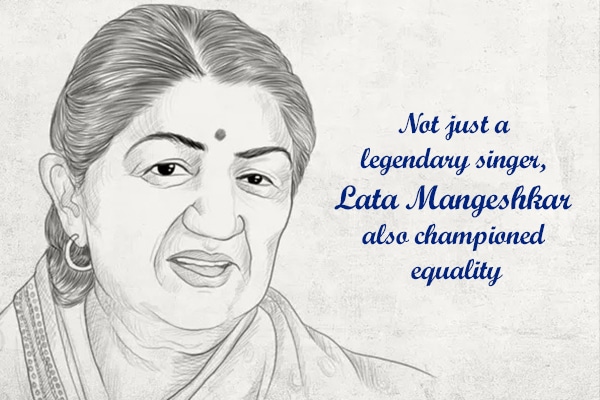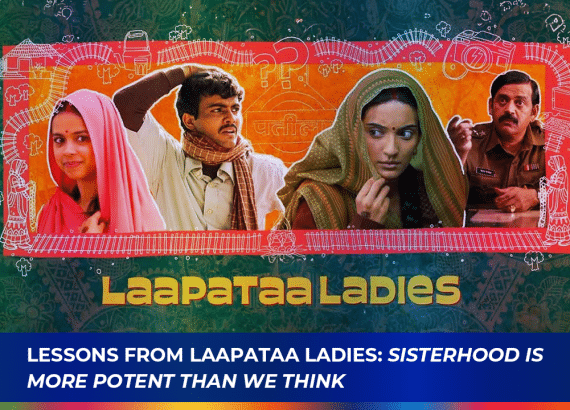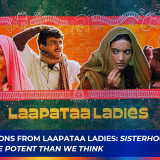Not just a legendary singer, Lata Mangeshkar also championed equality

Author: Janani Sampath
Dressed in white sarees of different shades and sporting her trademark plait, legendary playback singer Lata Mangeshkar epitomized simplicity. But beyond the down-to-earth persona, she symbolized an empowered and strong woman who lived life on her terms and challenged the status quo. A rarity in a time, as she not just made an indelible mark in a male-dominated industry but also in a society that had deeply entrenched gender norms.
For almost 80 years, legendary playback singer Lata Mangeshkar enthralled music lovers with her magical voice. From classical numbers to romantic duets sung in over 30 languages, the 92-year-old playback legend who succumbed to Covid-related complications on February 6, leaves behind a massive body of work. With multiple awards and records in her name, her contribution is unparalleled in the history of cinema. However, the journey was not devoid of battles— professional and personal.
A champion for equality
She entered the industry at the age of 13 to feed her family, after the passing away of her father. From the beginning, as she made inroads in a male-dominated industry, she waged multiple battles. Those were the days when the industry didn’t recognize playback singers, despite carrying the weight and magic of music on screen. In 1949, after much struggle, she succeeded when filmmaker-actor Raj Kapoor mentioned hers in the credits for his direction Barsat. She also questioned why singers were never awarded for the numbers. As a result, the late 50s saw lyricists and singers getting awards.
A tussle with music companies followed when she sought royalty for all her songs in addition to her professional charges. She collaborated with giants of the era from Mohammad Rafi to Kishore Kumar, Mukesh, and Manna Dey, with the Lata-Rafi collaboration being a huge hit. Her feud with Rafi over royalties is well-known as they both didn’t work together for some years before making up again. She held her own when it might have been considered professional hara-kiri.
When the film landscape changed with bolder concepts and suggestive numbers, she refused lascivious numbers, making an exception only for Raj Kapoor for Buddha mil gaya (Sangam). Principles, steely grit, and utmost faith in her talent were probably the only reasons for never hesitating to take the risk.
Choosing music over marriage and kids
From Lag ja gale to Aapki nazron ne samjha and Mere khwabon mein—having been the voice of several beautiful heroines who serenaded the most romantic numbers— it is tempting to know if pyaar, ishq, and mohabbat (love) were personal. Rumour mills have worked overtime for years about her relationship with former BCCI President and Rajasthan royalty the late Raj Singh Dungarpur, but Lata maintained a dignified silence about them.
She asserted her decision to be unmarried in an interview when she said she chose and valued ‘finding inner happiness’ rather than marriage and children. A philosophy that stemmed from her spirituality. She underscored her personal decisions in some unassuming ways often. Not as fodder for salacious gossip columns. And, never as a statement.
As music lovers mourn her passing away, her immortal works will offer solace and consolation. And for the women who seek role models, she will be one who illustrated the change they can bring by being at the top, and in command of their lives.









